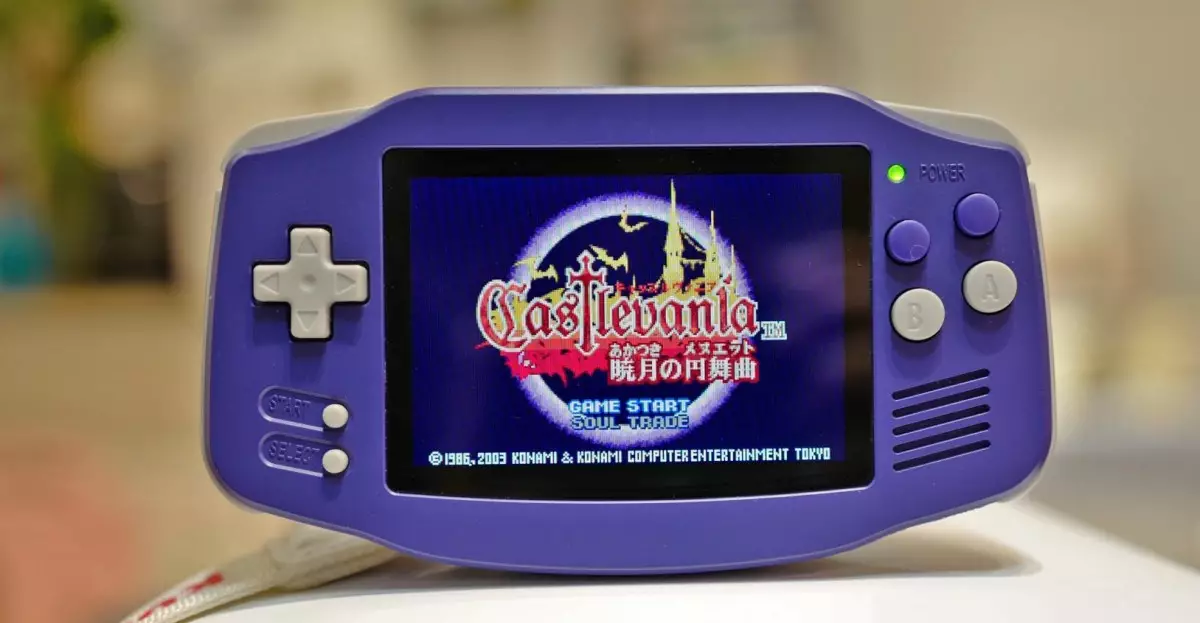In recent years, the nostalgic charm of retro gaming has surged, with companies like Anbernic leading the charge by delivering affordable alternatives to beloved devices like the Nintendo Game Boy. Their handhelds have not only appealed to dedicated gamers but also to a new generation eager to experience these classic games. However, the landscape is shifting dramatically due to political and economic pressures that threaten the affordability and accessibility of these devices. Specifically, proposed tariffs on Chinese goods threaten to raise prices significantly, jeopardizing Anbernic’s current business model.
The Uncertain Future of Affordable Gaming
The potential imposition of a staggering 245% tariff on Chinese electronics, spearheaded by U.S. trade policy changes, has prompted Anbernic to take preemptive measures by halting shipments from China to the United States. Such a decision is not only a testament to the volatile economic climate but also highlights the fragility of budget-conscious gaming solutions. The company’s warning directed towards consumers to prioritize products shipped from its U.S. warehouse underscores the urgency of the situation. While this may provide short-term relief from tariffs, it raises questions about long-term sustainability and price stability.
When buyers are encouraged to select U.S.-based shipping options, it suggests that Anbernic’s traditional model—dependence on direct shipping from China—has become too risky. Why has it historically relied on this approach? The company, by offering low prices that generally hover around $70 for their flagship models, has captured the market for budget-friendly gaming systems. However, as caution drives Anbernic’s decision-making processes, gamers might soon find themselves priced out of the very products they covet.
Implications of Tariffs on Consumer Choice
Tariffs, especially when implemented at such a drastic level, are a double-edged sword. While they can be positioned as protective measures for domestic industries, the reality is that they can also lead to higher prices for consumers with minimal corresponding benefits. Game enthusiasts who once enjoyed accessibility to Anbernic’s retro handhelds may soon face a landscape riddled with inflated prices and reduced selections.
This uneven playing field is aggravated by the removal of the de minimis exemption, which previously allowed lower-value imports to enter the country without incurring significant tariffs. As a result, even the most affordable models risk becoming prohibitively expensive. The relocation of Anbernic’s U.S. stockpiling strategy may prevent immediate price hikes but doesn’t mitigate the overarching issue at play—how sustainable will gaming remain for those who rely on these budget options?
Consumer Awareness and Market Adaptation
As Anbernic navigates these turbulent waters, it is crucial for consumers to remain informed about their options. Although the company has implemented changes to direct buyers toward U.S. warehouses, uncertainty looms over not just pricing but also product availability. With competition in the retro gaming market heating up, swift adaptations may determine survival. Companies like RetroTINK, facing similar tariff-related setbacks, have already suspended shipments of their products, emphasizing a need for clarity in tariff regulations before resuming trade.
This situation fosters a growing urgency for companies to establish more reliable supply chains, potentially sourcing from countries that may not incur the same tariffs. As such adaptations unfold, consumers must weigh their options carefully. Relying on third-party sellers such as Amazon may be a temporary solution; however, it brings its own set of concerns. These sellers often bundle products with unauthorized software, raising ethical dilemmas for buyers who wish to enjoy gaming within legal bounds.
The Rise of the Informed Consumer
Anbernic’s predicament has ushered in an era where consumers now bear greater responsibility for understanding the implications of international trade dynamics. The cancelation or suspension of shipments poses not just a logistical challenge but also demands a more adept evaluation for gamers who once took low prices for granted. As government policies shape the market, savvy gamers can no longer consider merely price; they must assess the reliability, ethical practices, and sustainability of the companies they support.
The socio-economic implications of tariffs extend far beyond corporate profits or losses—they directly impact culture, accessibility, and long-standing gaming communities. What was once an abundant market for retro gaming options now finds itself at a crossroads. It remains to be seen whether Anbernic and similar companies can successfully pivot in response to external pressures to ensure that affordability does not become yet another nostalgic memory for gaming enthusiasts.


Leave a Reply